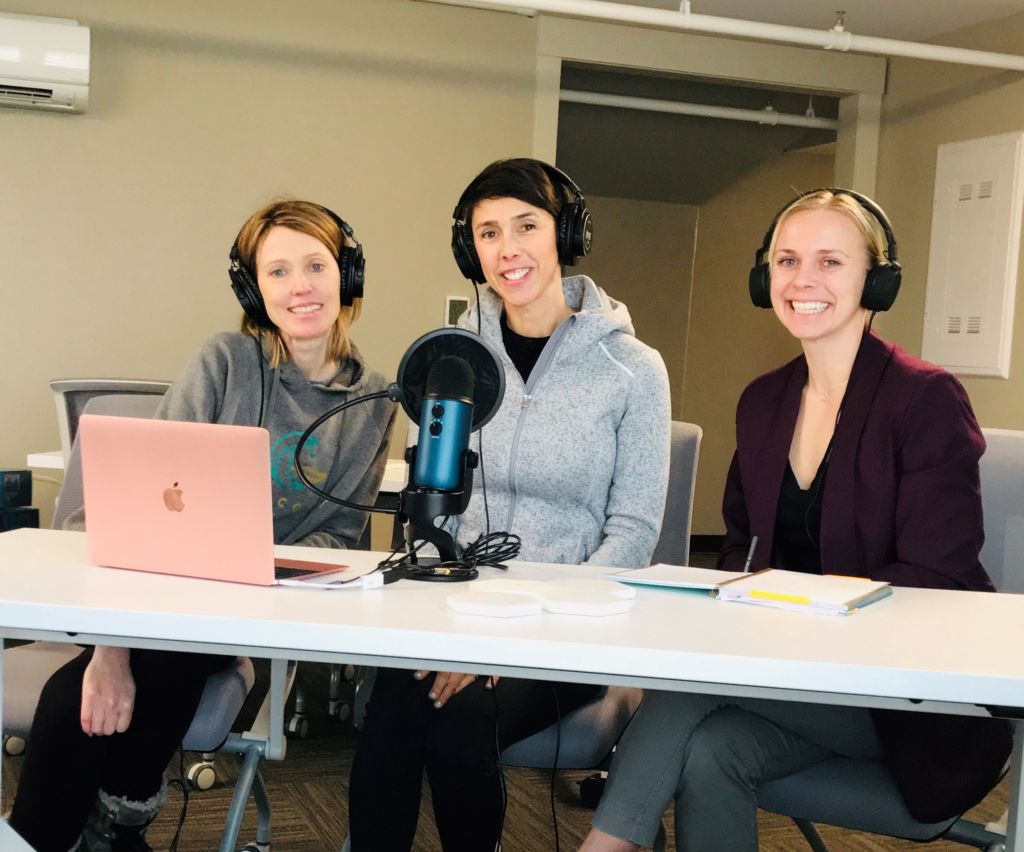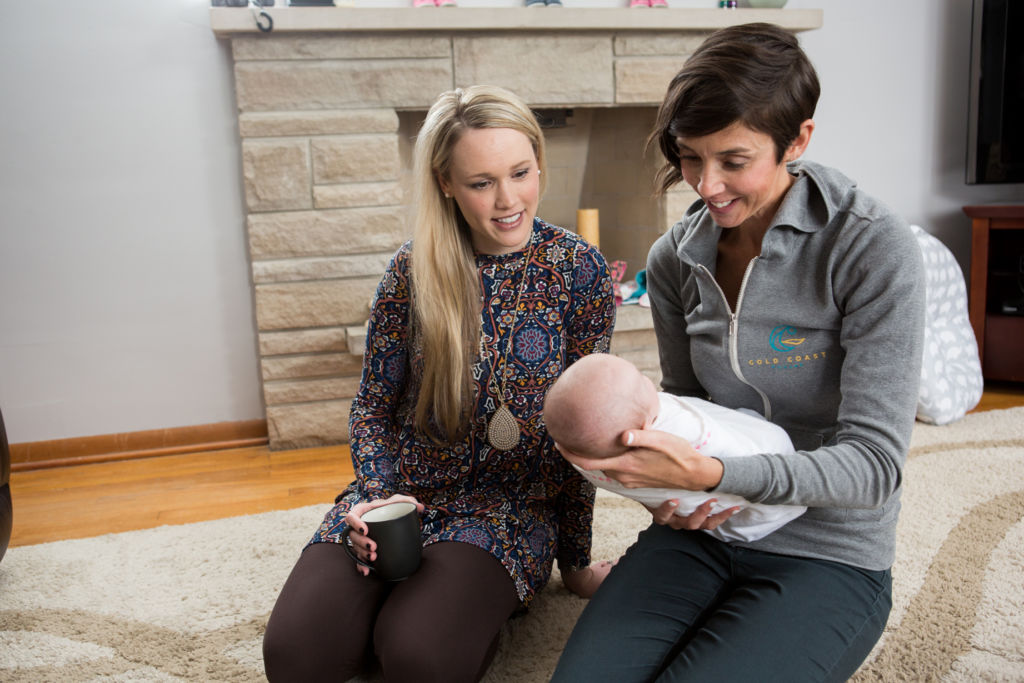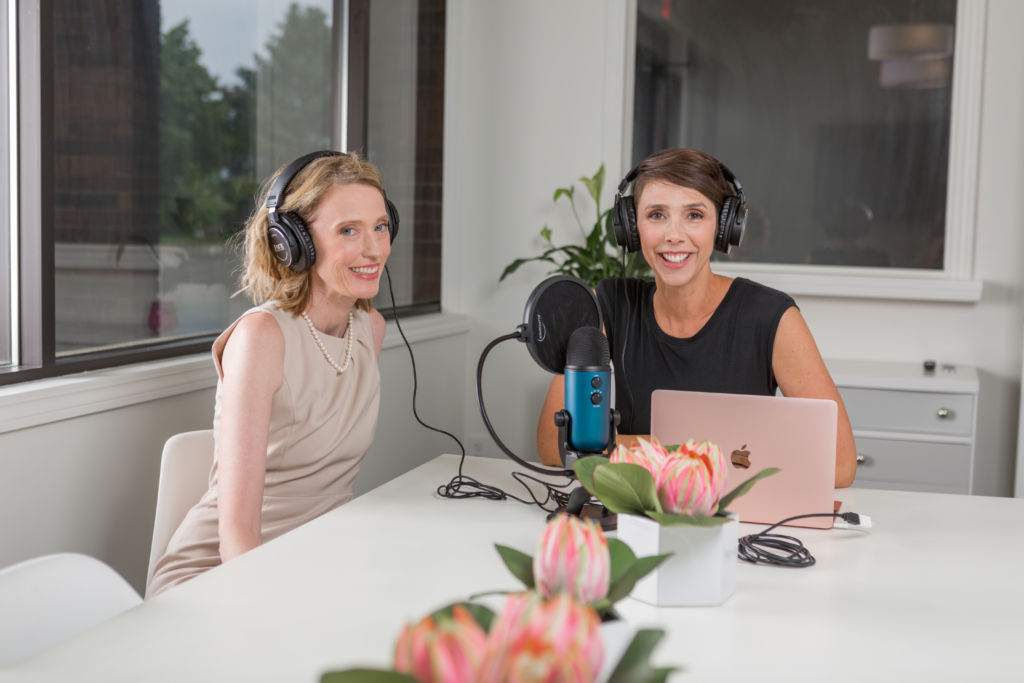Podcast Episode #60: A Naturopath’s Perspective on Pregnancy and Depression

Doctor Janna Hibler, ND talks to Alyssa and Kristin about how a naturopathic doctor treats pregnant and postpartum women, body and mind. You can listen to this complete podcast episode on iTunes and SoundCloud. Alyssa: Hello, welcome to Ask the Doulas podcast. I am Alyssa Veneklase, co-owner of Gold Coast Doulas, and I am here […]
Doula Support for Adoptive Families

Most parents probably don’t think about hiring a doula if they aren’t pregnant. They think of a birth doula only supporting a laboring mother, but that couldn’t be farther from reality. Birth doulas can support any parent. Postpartum doulas can support adoptive families by helping them to prepare for baby’s arrival and in-home after baby […]
Podcast Episode #59: Healthy Living For Preconception, Pregnancy, and Beyond

Laura from Real Food Wellness talks with us today about how she helps women through preconception, pregnancy, and postpartum with healthy living, mind and body. You can listen to this complete podcast episode on iTunes or SoundCloud. Kristin: Welcome to Ask the Doulas with Gold Coast Doulas. I’m Kristin, and today, we have […]
Podcast Episode #58: Sleep Misconceptions

Gentle Sleep Consultant, Alyssa Veneklase, talks about the most common misconceptions around sleep training. If your baby sleeps through the night will your milk supply dry up? Can a baby really self-soothe? Will my baby feel abandoned? You can listen to this complete podcast on iTunes or SoundCloud. Kristin: Welcome to Ask the Doulas with […]
Podcast Episode #57: Sleep Consultations

Today we talk to Co-Owner of Gold Coast Doulas, Alyssa Veneklase, about sleep consultations. She talks about some common misconceptions and why her consultations are different. She says each sleep plan is unique and based on the individual family’s goals. Who knew you could still breastfeed and co-sleep if you want, all while getting […]
